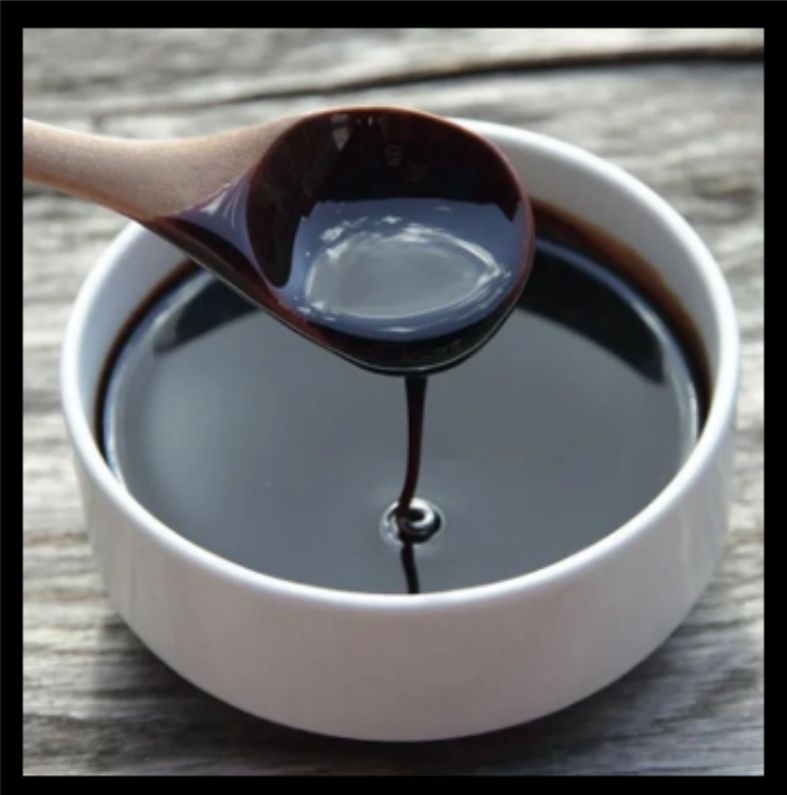Azimolas (Sugarcane Molasses)
Molasses:-
At different stages of the year there is a nutrient gap that needs addressing in order to provide t he cow with the most efficient balance of nutrients. Feeding molasses throughout the year helps to fill these gaps by improving digestion of pastures, helping to maintain body condition and appetite, and increasing milk productivity which leads to extra days in milk. Molasses is an excellent complementary feed that improves palatability and digestibility of all feeds. It also acts as an effective mineral carrier and is available with a range of minerals, including rumensin to aid in the prevention of metabolic issues (e.g. Ketosis, Bloat).
Energy:-
- Extra energy for maintenance and production.
- Molasses feeds the rumen microbes, improving the utilisation of other feeds in the diet.
- Helps balance the diet.
Appetite:-
- Improves palatability of additives.
- Improves PKE intake.
- Molasses is highly palatable and encourages the cow to eat when appetite drive is low.
Digestion:-
- Improves fibre digestion.
- Assists in PKE digestibility.
- Increases the microbial bacteria in the rumen to improve digestion of high protein and fibre grasses.
- Dilutes protein and fibre excesses as well as increases carbohydrate and energy intakes.
- Reduces the fibre fill effect and improves the digestibility of high NDF summer pasture, silages and PKE.
Reproduction:-
- An energy dense diet fed pre-calving will assist in keeping the cows in a good nutritional state post-calving.
- Provides essential energy before, during and after mating to help maintain pregnancy rates -condenses calving patterns.
- Increase blood glucose levels to improve conception rates.
Presentation
1 kg, 5 kg 25kg.
Storage Condition:-
Store in a dry and cool place, away from sunlight.

